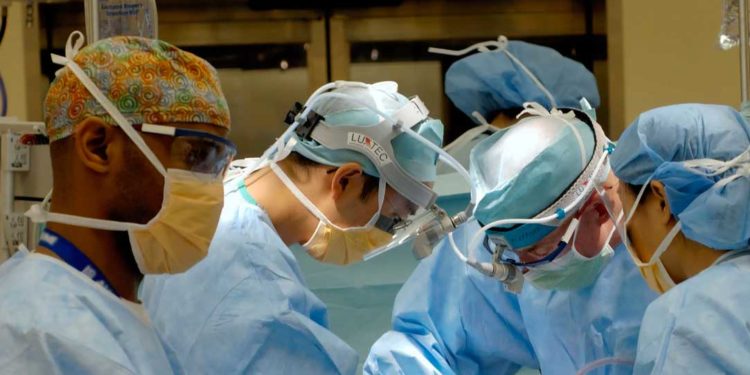Seoul: On Friday, South Korea’s top medical body faced resentment from trainee doctors. The rift arose as the trainee doctors declined a deal by its leader for ending a 2-week old strike. The government withdrew reform plans anticipating future epidemics.
16000 interns and resident doctors opposed government measures. The opposition was to increase the number of doctors, building public medical schools.
The strike hampered efforts to damp a groundbreaking of coronavirus infections. The nations tally reached to 20,842 as 198 new cases were added on Thursday. The total number of death rates recorded were 331. The spike in critical cases led to the paucity of hospital beds.
The government stuck to its initiative to tackle a similar crisis in the future. Though, the doctors thought contrarily. They believed that the number of cases might arise in cities if medical services in rural provinces were not well structured.
Lim Hyun-taek, a Senior Official of the Korean Medical Association (KMA) had filed a non-confidence motion. He filed it against Choi Dae Zip who had signed the pact without adequate discussion with members.
Park Ji-Hyun, head of the Korean Intern Resident Association said, “We were not informed of the agreement at all.” He also added that the deal could not meet the demands.
Another group of Doctors associated with KMA demanded Choi’s resignation.
Trainees in surgical gown protested at the parliament building reprimanded the “hasty agreement.”
Calls made to the association were not attended. Choi claimed his decision was not unipartite. He persuaded trainees to return to their respective duties after Choi signed the deal with Health Minister Park, Neung Hoo.
Choi stated, “Our shared goals of improvising work conditions and building a reasonable sufficient medical system cannot be achieved by a strike alone.”
Park added that the government would cease the suggested reforms. As soon as the virus outbreak will stabilize, they will examine the reforms again.
Until the 13th, South Korea commanded another week of social distancing around the Capital Seoul. Thursday’s caseload was less than 200 comparing it to the past two weeks of collected data. Park added that severe social distancing rules were inflicted last week. They demanded more time to manifest results. They also notified bakeries and ice cream franchises to control on-site dining.























